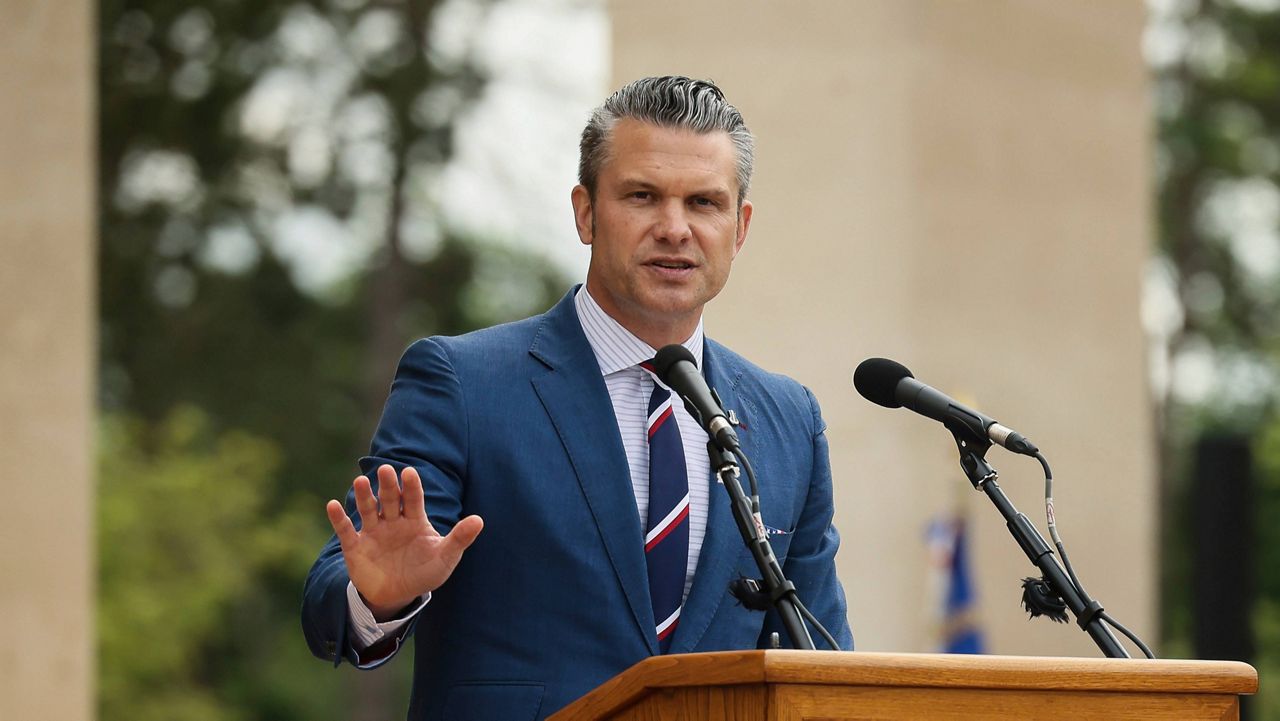INGLEWOOD, Calif. — Inside a bustling electric vehicle charging hub near LAX, Paul Gioupis is laser-focused on the future.
“Decarbonization is important across the country,” said Gioupis, CEO of Zeem Solutions. “And right now, the epicenter, in my opinion, is California and specifically Los Angeles.”
Gioupis founded the commercial EV company in part as a personal mission. His mother died of lung cancer five years ago.
“It certainly still feels pretty raw,” he said. “So every day, it is truly what drives us. Being right in the airport path here, we see quite a bit of the particulate that comes from the planes that fly by.”
California has long been a national leader in clean vehicle policy — the state has already logged 2 million EV sales, according to CalMatters. But now, federal lawmakers are targeting the state’s authority.
The U.S. Senate is moving to revoke three California Clean Air Act waivers that allow the state to set stricter emissions standards than federal rules. Senate Minority Whip John Thune said the move is about economic protection.
“I think and what a lot of people across this country think would be a catastrophic outcome, and that is an EV mandate that would be imposed across the United States,” said Thune, R-SD. He added that California’s rules could have a devastating impact on the national economy.
Meanwhile, new research from the California Institute of Technology is revealing just how damaging current air pollution can be.
“There’s quite a bit of ammonium nitrate in the Los Angeles smog,” said Ryan Ward, a former Caltech doctoral student and one of the report’s authors. “Maybe up to half of the smog of the small particles on a really bad day are made of ammonium nitrate.”
He said fine particles — produced in part by auto emissions — have been linked to cardiovascular and neurological issues, and even premature death.
“If you electrify the vehicle fleet in Los Angeles, there’s still going to be improvements that can be made to the air quality,” Ward said.
Back in Inglewood, Gioupis said California cannot afford to roll back environmental gains.
“All the environmental benefits also carry economic benefits,” he said. “It took us about five years to get here, so I think taking a step back from here forward would be really consequential.”
With high stakes on both sides, the debate over clean car waivers could define the future of U.S. transportation policy.






)



_es_Social_Security_Firings_PKG_CGs_133610316_2266)
